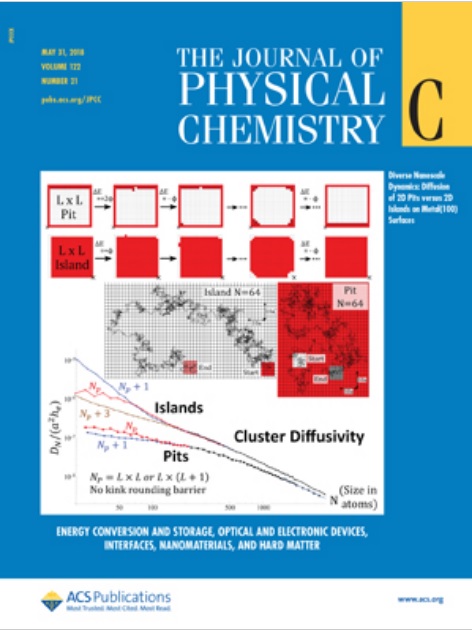Multiwall carbon nanotubes (MWCNT) were synthesized by the floating catalyst chemical vapor deposition (FCCVD) method. As a result, nanotubes containing metallic iron (α-Fe) were obtained and characterized. The impact of surface modification, on MWCNTs stability in water, was thoroughly studied applying three oxidative protocols. Samples were further characterized and correlated based on scanning electron microscopy (SEM), high resolution transmission electron microscopy (HR-TEM), Raman spectroscopy, Fourier transform infrared spectroscopy (FT-IR), X-ray diffraction (XRD), and thermal gravimetric analysis (TGA), and the magnetic nature of the embedded nanoparticles was assessed by means of a SQUID magnetometer at room temperature in powder. Finally, precise length segregation of MWCNT/α-Fe nanocomposites was achieved. The studied structures showed excellent quality and unmatched stability in water after more than three months.

